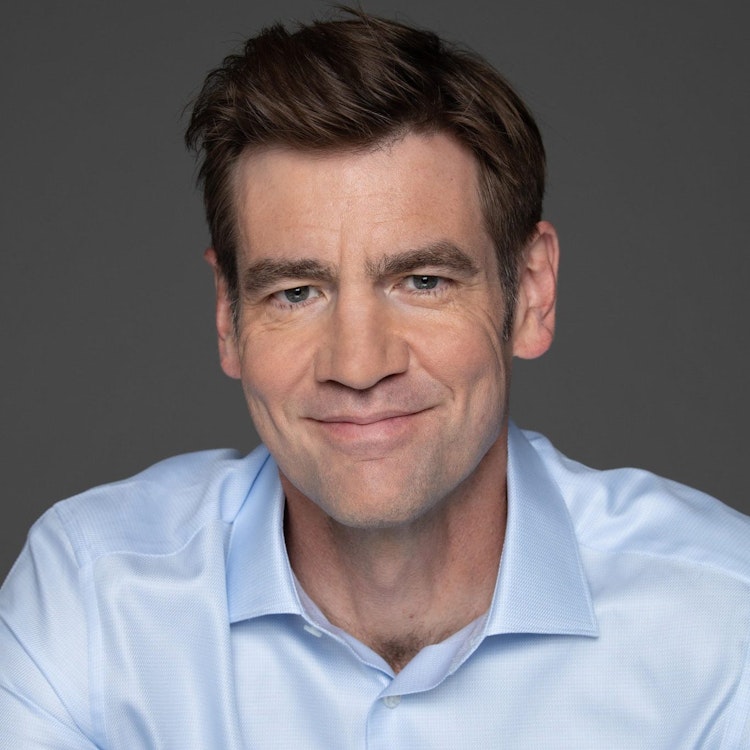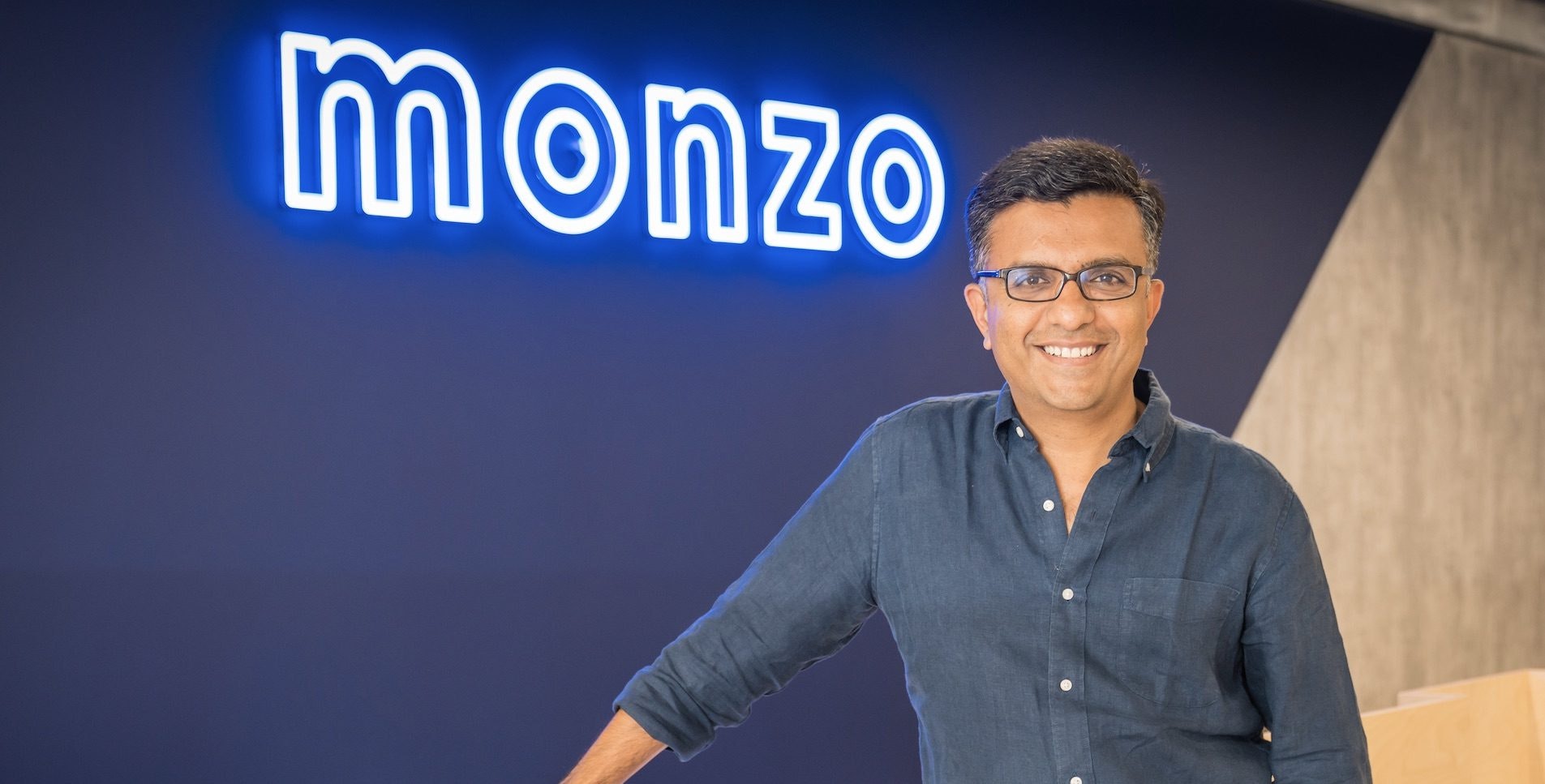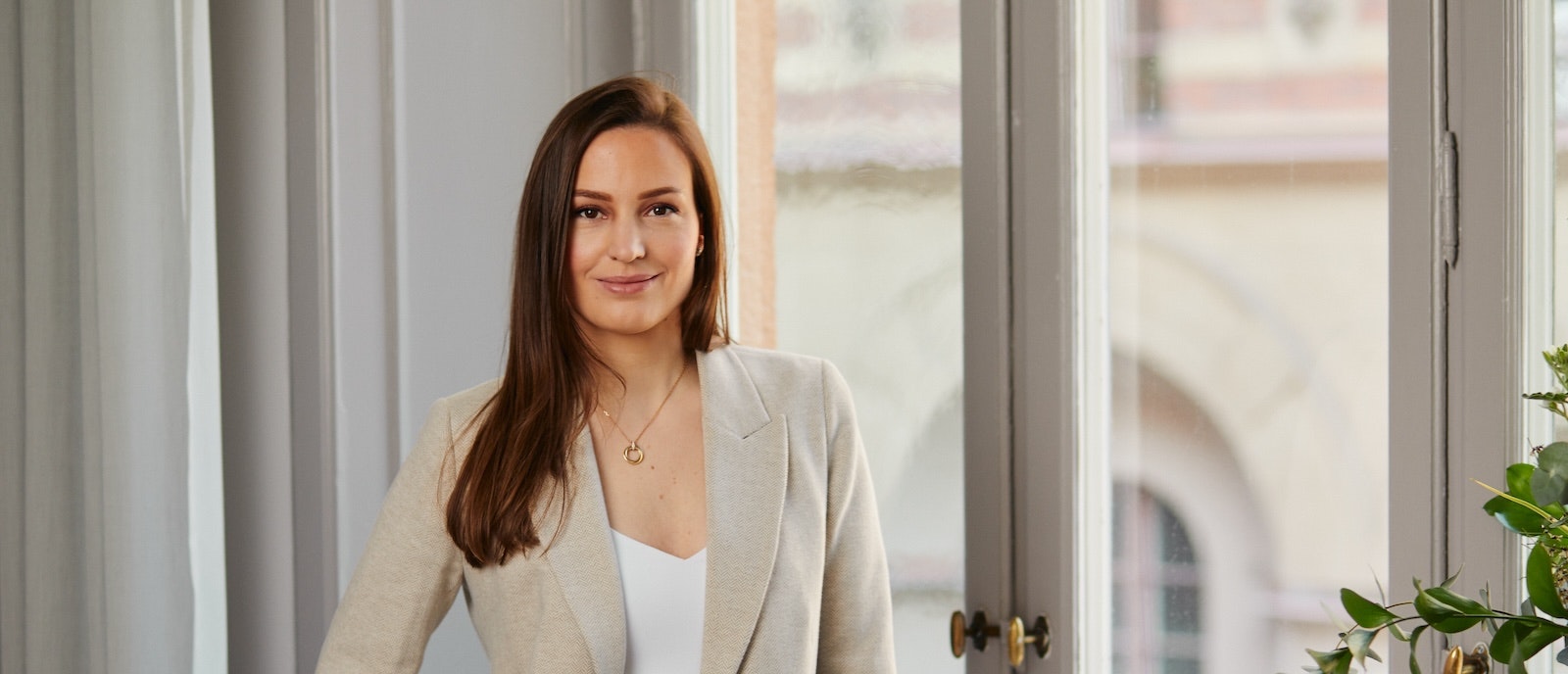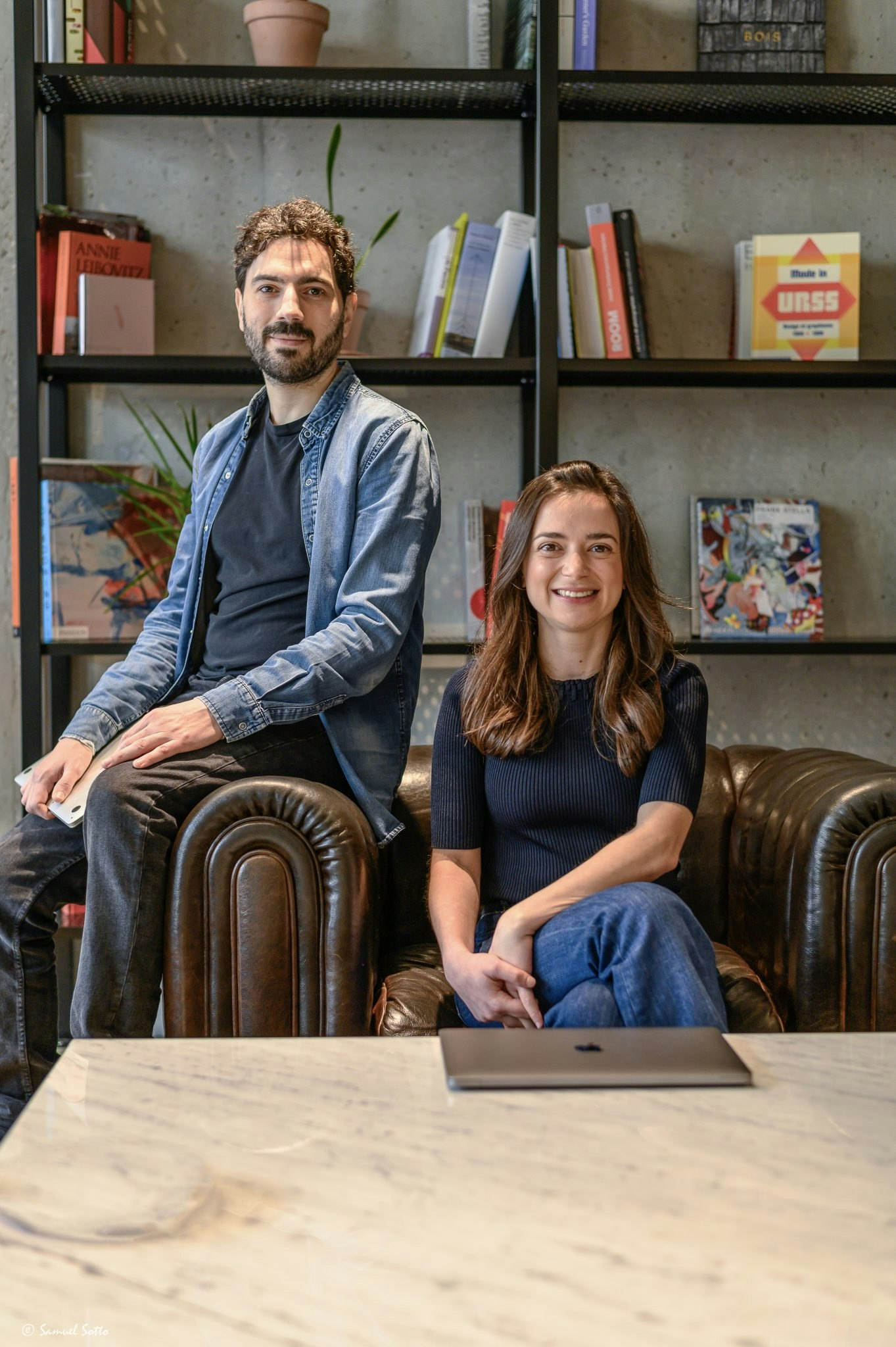You’d be forgiven for thinking that the crypto industry is one rife with scams, fraudsters and wildly speculative behaviour — especially considering the myriad headlines of blowups like FTX.
But some of crypto’s biggest proponents, like Andreessen Horowitz’s Chris Dixon, argue there’s a lot more to the industry than that. What’s more, he thinks the UK could even have an edge over the US soon.
Dixon, a general partner at the firm, has long been advocating for the less sexy element of crypto: blockchain, the underlying technology that underpins all kinds of so-called Web3 projects, from NFTs to decentralised social media apps. It’s no wonder he’s proselytising: a16z has roughly $7.6bn in assets dedicated to crypto projects.
Most recently, Dixon penned a new book, Read Write Own: Building the Next Era of the Internet, in which he makes the case for why blockchain networks will underpin the next phase of the internet, restoring its early promise as a decentralised, open and democratic network — but now enabling internet users to own their creations.
The crypto industry, hit by both the broader venture downturn and the wave of blowups, has had a tough year: the value of crypto deals globally plummeted over 67% last year, according to PitchBook. But the EU’s recent moves to regulate crypto, with its Markets in Crypto-Assets law, or MiCA, passed last year; and the UK government's plans to create formal legislation this year, are positioning Europe as a bigger hotspot for startups when the crypto winter thaws.
A16z is ready to pounce — the firm chose London for its first non-US office last summer, to house its crypto fund overseas.
It’s still early days in the UK and European ecosystem, Dixon tells Sifted over a video call from a16z’s London office — the fund has only invested about $142m in UK investments to date, into companies including Gensyn, Pimlico and Arweave — but he’s optimistic.
We dug into what he thinks are the two biggest policy issues impacting the internet right now, why the UK could lead the way for the crypto ecosystem and how proponents of open source AI and blockchain might have more in common than they think.
This Q&A has been edited and condensed for space and clarity.
Sifted: MiCA passed in the EU earlier last year. How has the blockchain/Web3 ecosystem in Europe changed since then? What are the advantages or disadvantages you see in Europe when it comes to Web3 projects?
I think it's always been a pretty global movement, compared to, let's say, AI, which is much more focused on certain hubs like the Bay Area.
There's a little [regulatory] uncertainty still, both in the EU and in the UK. We've been having conversations with policymakers, and they've been productive and we're optimistic, but there's still a lot of grey area. That grey area ambiguity is a big problem, because good entrepreneurs have been terrified; they don't want to enter a space where there's some possibility that they get sued. If you're a good entrepreneur, and you're like, "Well, if there's grey area in blockchains and then there isn't grey area in some other area like AI", [that will] deter them. On the flip side, the bad actors are undeterred by that. The main thing that we're hoping for, in all the different areas that we invest in, is very clear, black and white rules, and then a pathway by which startups could follow those rules and launch products.
You've been very active with talking to and lobbying politicians in the US. To what extent are you and a16z involved with EU regulators or regulators in the UK? What's your sense of optimism?
Our focus has been the US and UK right now — [that’s] part of opening the office here. I'm long-term optimistic in all of these areas, and I think the conversations we have are positive for the most part. Eventually all of the G7 countries will probably converge on a similar regulatory framework for blockchains and crypto. But there's an opportunity — for example, in the UK — to do so sooner and to lead the way. If you're early on something, you can establish an ecosystem and leadership. We've shared that view with policymakers in the UK and that seems to resonate, so we're optimistic. But, as you know, these are complex processes and take time.
Our hope with the UK office is that we can establish a first jurisdiction with clear rules. On our side, we're making investments here, and we're also [doing] the Crypto Startup School, [an accelerator programme for web3 startups] which is happening in a few weeks.
Are you planning to invest more in the UK and Europe this year?
We're hoping by being on the ground, by being earlier stage, that we'll be able to.
There's great universities here, there's a lot of good energy. Years ago I was [an entrepreneur and investor] in New York in the 2000s, and it kind of reminds me of that: at the time, it was sort of a nascent tech industry, and I think people would say now New York is pretty booming. I hope that a lot of European countries are following a similar pattern.
How do you view the blockchain scene in the UK versus continental Europe?
I think Mistral is an interesting case, because in the past, the typical pattern would be: the French engineers move to Silicon Valley, and they start a Silicon Valley company — whereas Mistral is in France. I think you're seeing a change where people stay where they are, build ecosystems there. I think it's important, because that then changes the regulatory view of it too — like, this becomes an important national priority. I think it all kind of works together, and I think that same globalisation is happening with blockchain, it's happening with AI.
With blockchains, the big difference is they are, from day one, global.
You've written about how you're pro-AI, but you're concerned the top tech companies will dominate it. There have been numerous open source AI companies in Europe, including Mistral, which a16z just invested in. What do you think about open source AI within that context?
If you have super high quality open source models, that means if I'm building a startup that's competing with Adobe or Google, I'll have access to this awesome AI as well. I think that's a very important thing for levelling the playing field. We generally are very pro-open source AI. And I think that will be a key policy issue going forward: will there be restrictions on that? Our view is that of course, you need to regulate AI, but the right way to do it is not at the infrastructure layer, it's at the application layer.
The two most important policy issues for keeping the internet open are open source software, and then blockchains, which I think of as open services — the way to keep the core services of the internet open for developers and creators. Those are important issues, I believe, both for society but also for venture capital, because we're in the business of investing in startups, and if it's not a level playing field, it won't be a good business.
A16z invested in Twitter and helped fund Elon Musk's takeover. How does the firm think about funding these corporate networks as well as this new internet phase, as you're calling blockchain networks?
I was involved with early internet Web2 companies; obviously Marc [Andreessen] and others have been involved... I think a lot of us did not expect the internet to become so consolidated. They've gotten so big that it really puts startups and innovation at risk.
Do you think there's a lot of commonalities between the open source AI people and blockchain people, philosophically?
In theory, there should be. With blockchains, a lot of people honestly have seen the casino aspects [like the speculation on various crypto tokens, and pumping and dumping to manipulate prices] and think that is all there is. Anyone who's interested in an open internet, open innovation and open source software should be mostly philosophically aligned. I think blockchains have somewhat fallen out of favour due to the casino stuff; I'm hoping that through the combination of explaining what it is, and a wave of products, which we've invested in as they grow and people see them and see the benefits of them, I think ultimately that's what we need to really change perspective. The blockchain space needs to really step up and show some great products.
Do you think we'll see a lot of those products coming out this year? Do you expect maybe a turning point in 2024?
About half of the companies we've invested in from our crypto fund are launching products this year, or in the next 18 months.
There's a series of much more experienced entrepreneurs, or proven entrepreneurs, who have seen, like, "This is an interesting new architecture and I can do something new with it."
What are you excited about in the blockchain space in the UK? What do you think we could expect to see out of the UK or EU this year?
We're doing the crypto startup school in a few weeks — I'm hoping that that will lead to some interesting companies and we'll do a number of financings here. I hope we see some progress on regulation and legislation. It probably won't take 12 months, but let's say over 24 months, that we start to see the beginnings of a real growing ecosystem and clear policy.



